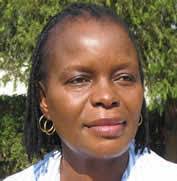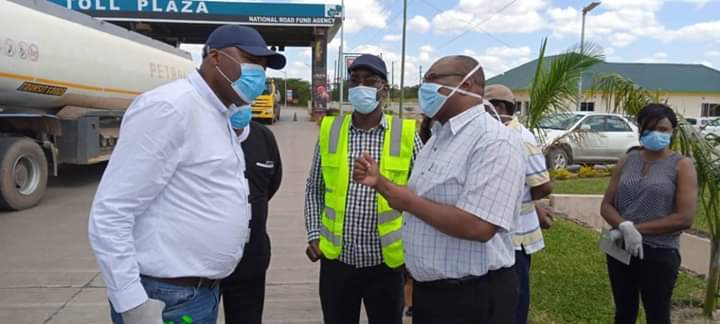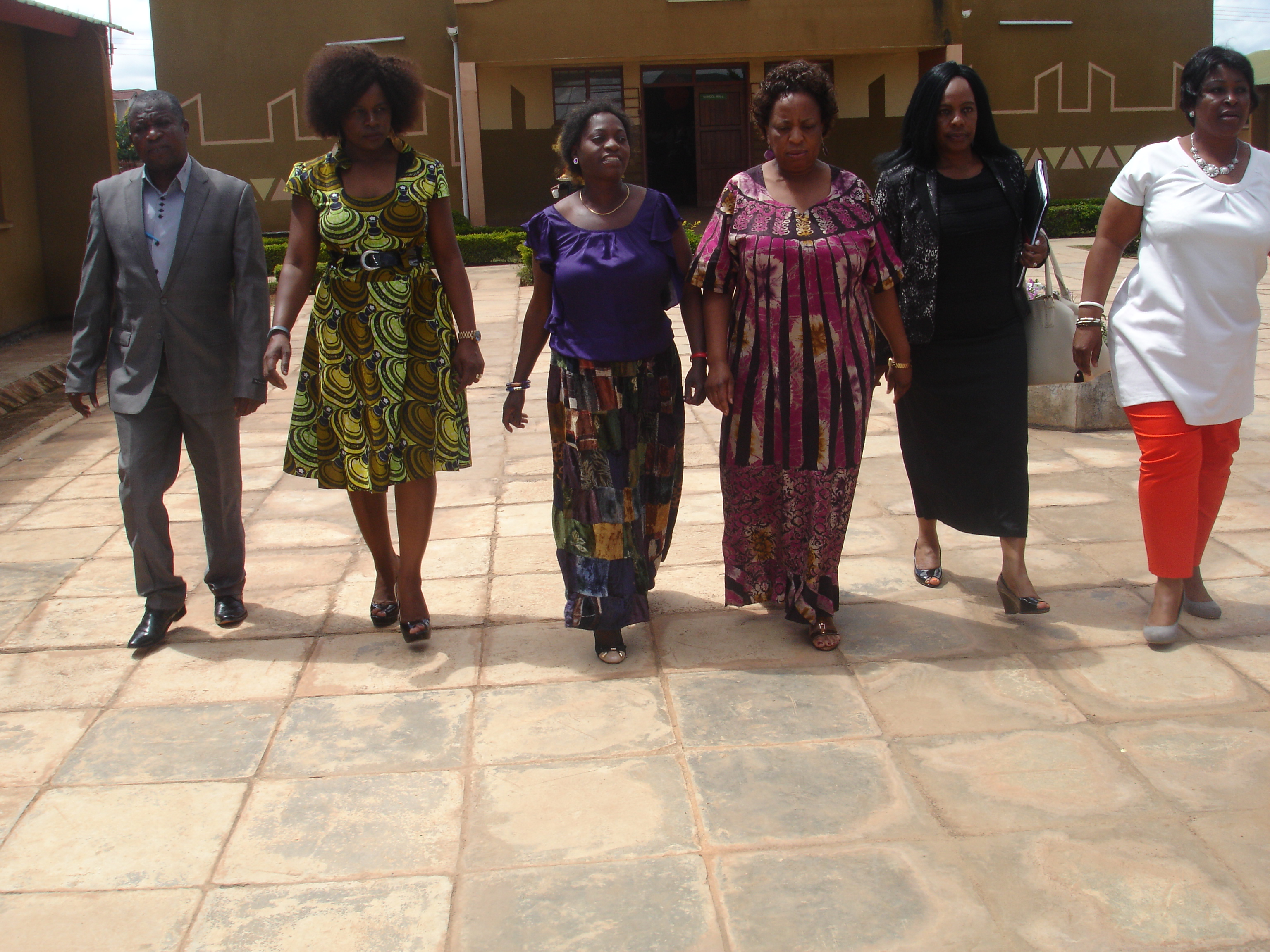CiSCA Statement on Renewed Calls for the Restoration of the Barotseland Agreement of 1964
Notice: Undefined index: catFilterList in /home/zambi/public_html/wp-content/plugins/wp-likes/api.php on line 243

Judith Mulenga, Chairperson
Civil Society Constitution Agenda (CiSCA)
CiSCA Statement on Renewed Calls for the Restoration of the Barotseland Agreement of 1964
By Judith Mulenga, CiSCA Chairperson
Lusaka, Tuesday, 6th December 2022
The Civil Society Constitution Agenda (CiSCA) strongly appeals to the representatives of the Barotse Royal Establishment, who attended the National Convention on the Constitution of 2013 at Mulungushi Conference Centre, hosted by the Technical Committee on Drafting the Zambian Constitution to disclose what was discussed between them and State House concerning the Barotseland Agreement.
As CiSCA we recall that the Barotseland Agreement together with the abolition of the death penalty and the upper age limit for a Republican President were among the contentious agenda items that were deferred from the breakaway committees to be discussed and resolved in the main plenary session. However, the day the Barotseland Agreement agenda item was due to be discussed, the rest of us delegates were informed that the concerned stakeholders would discuss the matter privately with State House. We recall Honourable Amusaa Mwanamwambwa, former Speaker of the National Assembly, asserting that the Barotseland Agreement issue was emotive and therefore should not be subjected to a vote by delegates and that it was better the Executive discussed it with the concerned stakeholders and the nation would be informed of the outcome. To date, no feedback to the nation we are aware of has come.
For posterity and in view of the recent Linyungandambo’s proposal which will inevitably affect all of us Zambians, the nation needs to be informed what was discussed and agreed upon during that meeting as it would have a bearing on the new calls for cessation. Unless the Linyungandambo are proposing a splitting of Zambia reminiscent of the Berlin Conference of 1884 and 1885 which did not take into consideration our African traditional ethnic and social structures, CiSCA is of the view that this proposed secession and sharing of assets in tandem with liabilities will not succeed due to the social integration that has taken place in our nation since before our independence in 1964.
For the record, Article 4(3) of our Constitution that describes the Republic of Zambia, it states, ‘The Republic is a unitary, individual, multi-ethnic, multi-racial, multi- religious, multi-cultural and multi-party democratic State.’ Further and more importantly to the topic at hand Article 4(4) clearly states that, ‘The Republic shall not be ceded in whole or in part.’ Nothing can be as imperative as this description.
Therefore, the only aspect the public does not know regarding the Barotseland Agreement during the most recent Constitution of Zambia review was what was discussed between the BRE representatives and State House in 2013 during the final stage of the Technical Committee on Drafting the Zambian Constitution constituted in 2011 process. What is in the public domain as per the Technical Committee on Drafting the Zambian Constitution’s Report as it pertains to Article 4, out of the then 76 districts only one district proposed to add a ‘provision to explain and integrate the Barotseland Agreement, to enable future generations to understand the background of Zambia especially the unitary concept.’ Additionally, out of the 10 provinces only one province proposed to add the following, ‘Zambia is a sovereign State created at independence from the union of two territories Northern Rhodesia and Barotseland as contained in the Barotseland Agreement of 1964.’ None of these proposals speak to cession but affirm the sovereignty of a unitary state and hence the final draft of Article 4 of our Constitution reading as it does.
Judith Mulenga
CiSCA Chairperson























